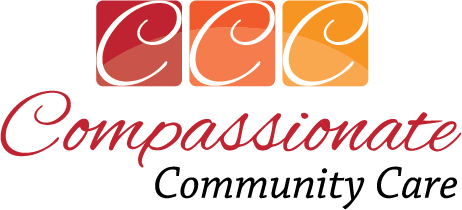A Family’s Heartbreak: MAiD Decision Leaves Loved Ones Grieving and Confuse
A grieving family from Eastern Canada is speaking out following the unexpected decision of their elderly aunt to proceed with a scheduled Medical Assistance in Dying (MAiD) procedure at a hospital in British Columbia, just days after a fall that led to her admission into rehabilitation care.
According to her niece, the woman had not suffered a serious injury—“she didn’t even break a bone”—and had only recently been told by doctors that she had arthritis. But the family was stunned to learn that she had already scheduled her euthanasia and was resolute in her decision to go through with it.
“We were willing to bring her home, to take care of her, to give her a dignified natural death surrounded by family and love,” said the niece. “But she cried and hung up on us. She said she didn’t want to. And now it’s happening today.”
The family was particularly disturbed to learn from local contacts that the procedure was scheduled to take place in what was described as a “shack-like enclosure” beside the hospital. A national advocacy organization, Compassionate Community Care (CCC), attempted to intervene and speak with the woman directly to offer support and alternatives, but she declined all outreach.
Her niece and sister are left devastated—not just by the finality of the decision, but by how quickly it was arranged and how little opportunity they had to understand or influence it.
“Had we not found out she chose MAiD, we would have assumed she passed peacefully, naturally,” her niece said. “Instead, we’re left with this overwhelming feeling that our loved one is being killed.”
This case raises ongoing questions about the safeguards, timelines, and communication protocols surrounding MAiD in Canada. Critics have warned that vulnerable individuals, especially those facing isolation or recent trauma, may opt for MAiD without fully exploring palliative care or family-based alternatives. For families like this one, the aftermath is not only grief—but also a painful sense of helplessness.

